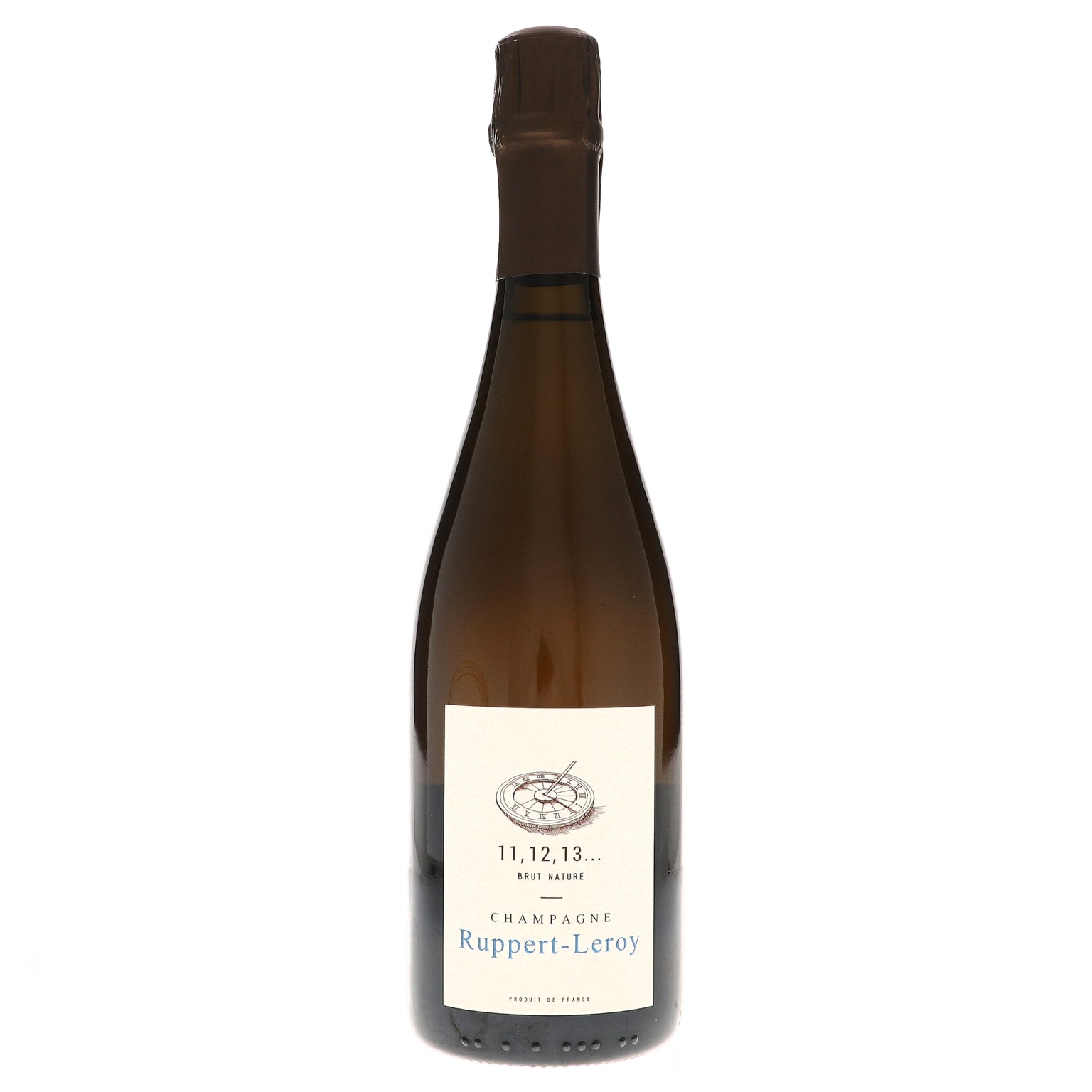Ruppert Leroy
Add to Favorites
Please Log In
Log in or sign up to add this producer to favorites.
5 products
One producer that has been increasingly getting more attention amongst winemakers, sommeliers, and true Champagne lovers has been a low-key secret of our own: Ruppert-Leroy. Delicate wines that are transparent, lively, and energetic; clean and polished while still letting you know they are pure and made with the utmost respect to the vines.
Benedicte Leroy's family moved to Essoyes in 1975, originally raising sheep until the 1980's. Quickly the realization set in that had a plot more suitable for planting grapes and that it would be much more economically beneficial for them. The 4ha of grapes were sold to cooperative until 2009 when Benedicte took over the Domaine with her husband Manu Leroy, with one thing in mind: the vineyards would be farmed organically and they would no longer sell their fruit. This goes beyond just their grapes; they also have a farm on the property with chicken, sheep, horses, cows and grains. The entire farm is based on biodynamic practices with composts and preparations being made at the farm. The couple truly devoted their lives to their land, seeking (and receiving) guidance from biodynamic luminaries such as Pierre Overnoy and Bertrand Gautherot.
Each cuvée is meant to have the utmost expression of a single vineyard and single vintage. There is never any dosage and since 2013, no sulfur is used at the winery. In the vineyards, only lightweight tractors are used to avoid soil compaction. The compost and cow-horn manure from their farm is used to increase microbial life and diversity in the soils. Cow-horn silica, infusions, and plant decoctions are also used to support the vines' natural system. The vines are braided towards the tops of the shoots to relieve stress on the plants. Grapes are all hand-harvested and sorted in the vineyard immediately.
All the wines are made the same, with natural yeasts, no fining or filtration. Cold settling is natural given the climate and time of year. Fermentation is in used barrel and demi-muids for 9 months before being aged in bottle for 18-20 months on the lees.










